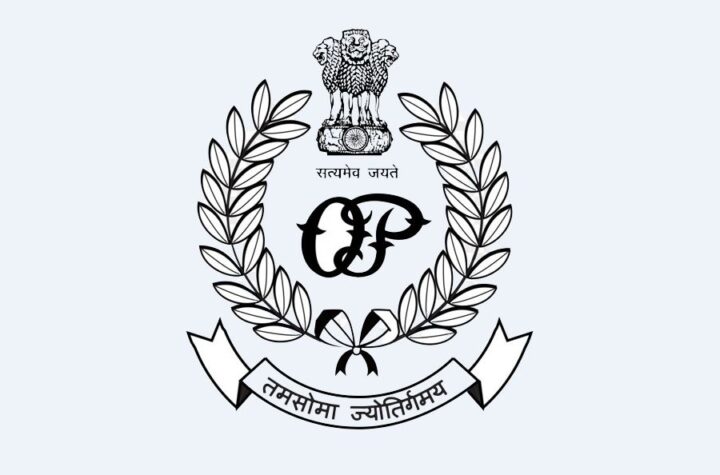Prime Minister Narendra Modi announced the repeal of three contentious farm laws in his address to the nation on the morning of Guruparab. The government had introduced three ordinances in September 2020, which were later on brought to Loksabha and passed through voice vote mode. After the passage of contentious bills in Rajyasabha and its subsequent approval by the President, the bills became laws following which various farmer groups started protesting against them. Since November 26 last year, a large number of farmers have been protesting outside the borders of National Capital to demand the repeal of farm laws, legislative assurance on Minimum Support Price and related issues of relevance to the farmers. After Centre’s decision to repeal the farm laws, the farmer groups have made it clear that the matter of Minimum Support Price remains an issue of concern for them. A big casualty of the farm laws row was that they took away the focus from other reforms. Theserelated to bringing urea under the nutrient-based subsidy regime, phasing out resource use-inefficient subsidies and replacing them with per-acre cash transfers, and moving away from crop-specific minimum “price” to “income” support schemes on the lines of PMKisan. Expending too much political capital on the farm laws made headway on these reforms difficult. The Narendra Modi government, in order to placate those agitating against or suspicious of its farm laws, ended up procuring almost 14.5 per cent more paddy and wheat in 2020-21, compared to the previous year that had also seen record minimum support price (MSP)-based purchases. The farm laws, far from making the stage conducive for more reforms, aroused a problematic demand from the streets: Enact a parallel legislation to make MSP a legal right, similar to the National Food Security Act. That demand, hopefully, will recede to background, now that the government has decided to repeal the three laws. While the merits of the laws -giving farmers the choice to sell and traders/processors/retailers to buy from outside regulated APMC mandis,allowing both sides to enter into direct supply contracts and doing away with stock holding restrictions on agribusinesses cannot be doubted, the political fallout and the environment of distrust that grew with the agitation
became too serious to ignore. Economic reforms in India have been a story of stealth, and two steps forward one step back, while largely staying the course. The worst case scenario with the farm laws would have been their becoming the main issue in the upcoming state elections and the Centre repealing them along with accepting the demand for providing legal guarantee to MSP. That would have been three steps backwards.
Now, the constitutionally right thing to do is to leave agriculture marketing legislation to the states. The Modi government can ask BJP-ruled states to reform their APMC laws to deregulate farm produce trading and enable contract cultivation. Once they do it, others are bound to follow sooner than later. The Centre can separately reintroduce the law on abolishing stock holding limits, to which farmers have no serious objections.











More Stories
LS elections: 4th phase polling records 63 pc turnout
‘Still poor country’: India going to become third largest economy in world
Viksit Bharat, Viksit Odisha: PM Appeals to State People to Vote for BJP